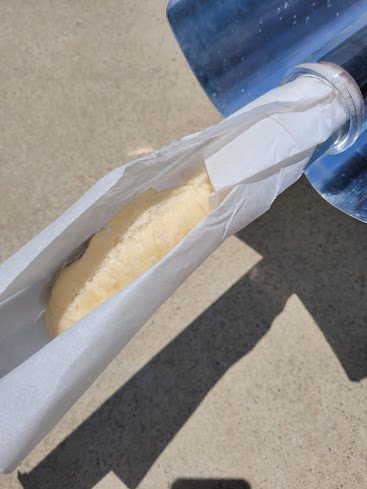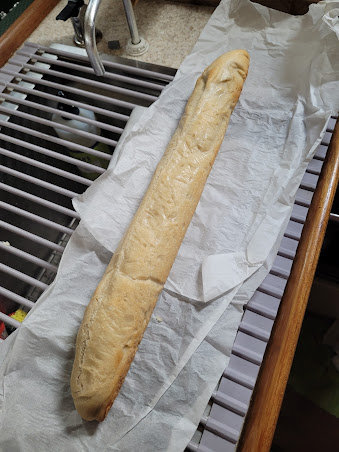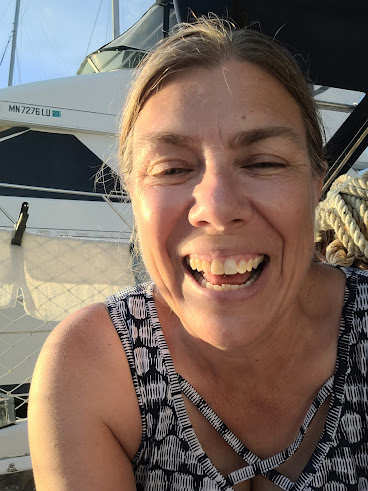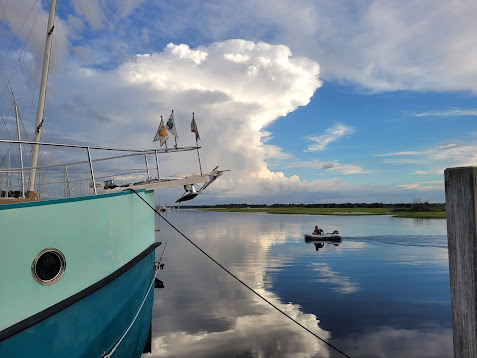Welcome to our blog. We’re Damon & Janet Gannon, two marine biologists and unabashed ocean lovers. The past few weeks have been pretty amazing. We just quit our jobs in academia, sold our home (yeah housing bubble!), and moved aboard our sailboat. We’re setting in motion a plan that we hatched over two decades ago.
Our general idea is to migrate between the tropics (Bahamas) in winter and New England/Canadian Maritimes in summer. Along the way, we hope to do some research, teaching, public speaking, photography, writing, and blogging. A large part of our plan is to revisit field stations and marine labs where we’ve conducted research in the past. We can’t wait to re-connect with friends and colleagues who collaborated on the various research projects in each location. These people and places were key to shaping our personal understanding of marine science and to igniting our love of the ocean.
Our plans are open-ended. We don’t know how long we’ll do it for. That depends on whether we can make money along the way and on whether we’re still speaking to each other while being confined to a very small living space. As Lin and Larry Pardey said, we’ll keep doing it for “as long as it’s fun.”
We’ll really miss all of our land-based friends, but will keep in touch with our blog posts. The topics will vary from sailing travel logs, to the absurdities of living aboard a small boat (with a large dog), to marine science and conservation. (Note that in the past three weeks we’ve posted about manatee farts and headless fish. Real highbrow stuff on Fulmar.) We’ll try to keep it light and fun, even when dealing with heavy issues. Our hope is that this blog pushes us to get out there and explore the ocean and meet the people who work every day to protect it.
Check out the pages in the blog site. Stay a while and make yourself at home. Besides our regular posts and the narcissistic “All About US” pages, we have some pages on the wildlife we encounter, sounds in the sea (Jacques Cousteau lied to you when he said the sea is silent), and we have some great resources for young people interested in exploring marine biology as a career. Check back frequently as we’ll try to keep the pages updated.
See you “out there.”














